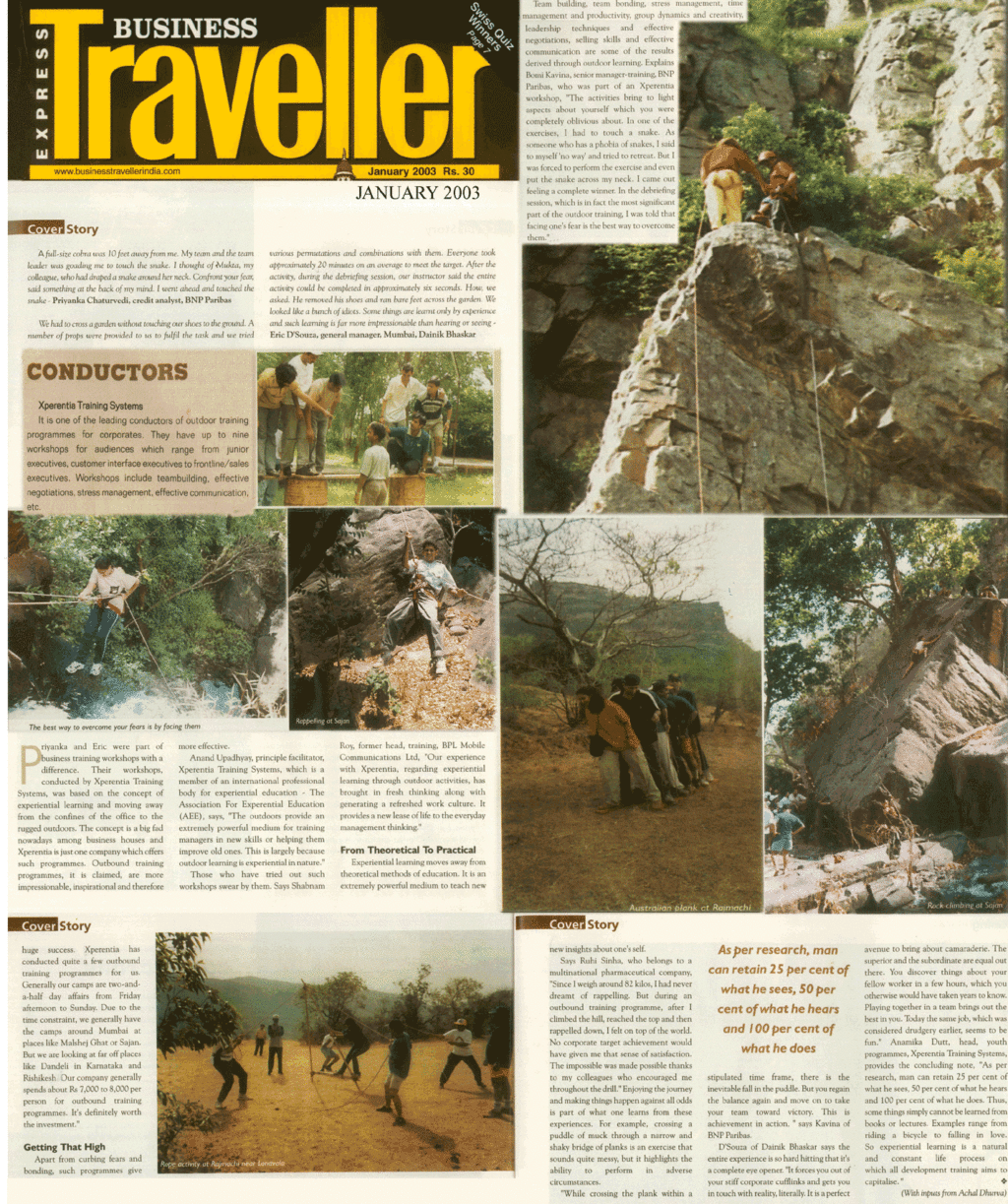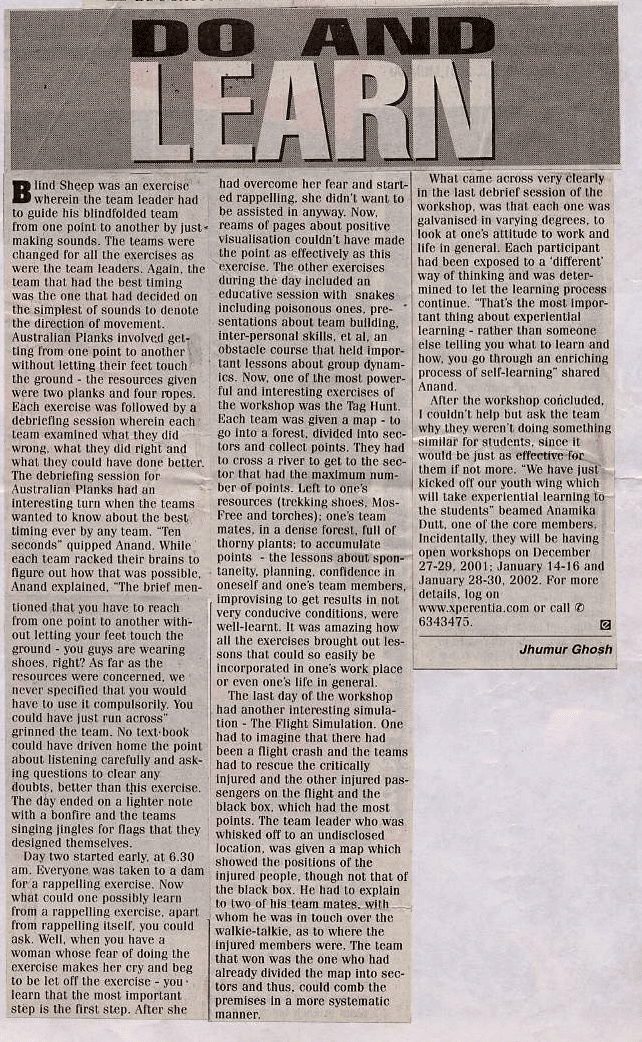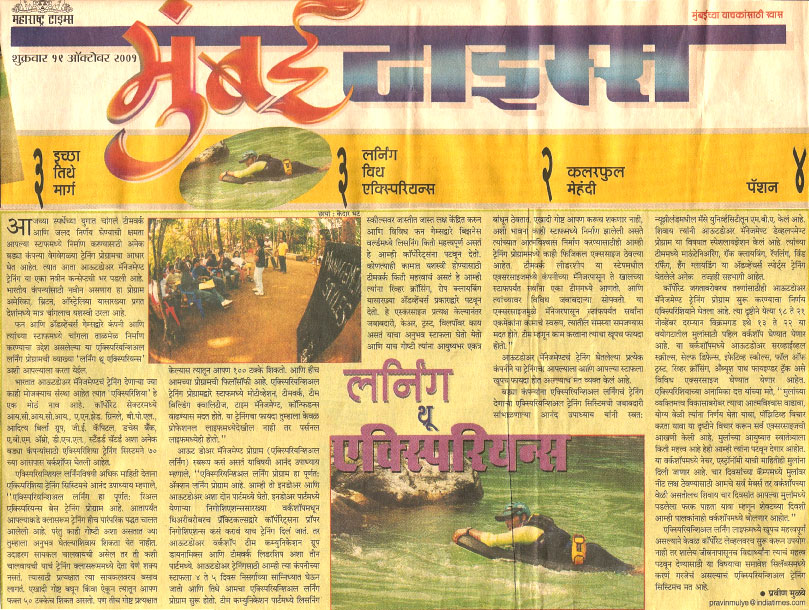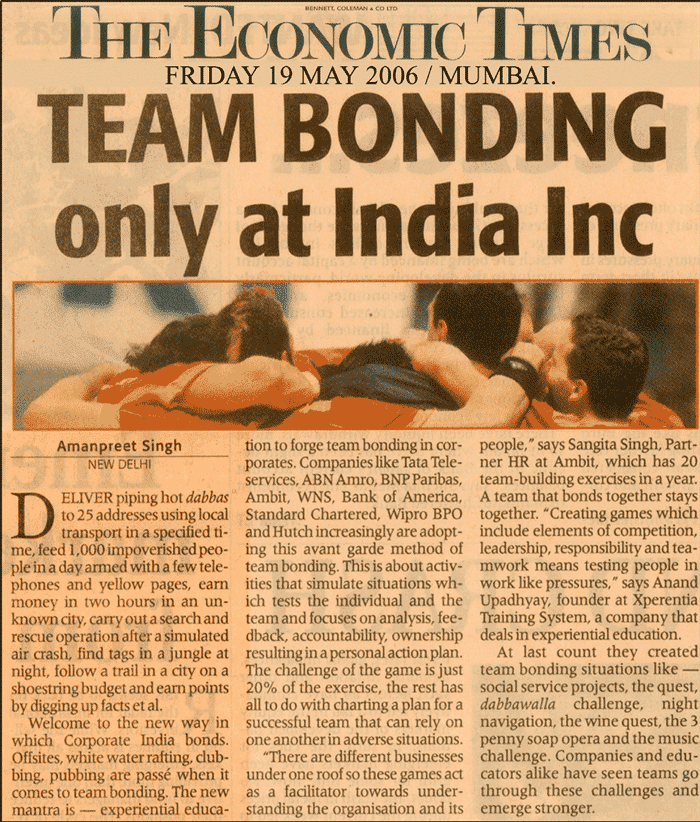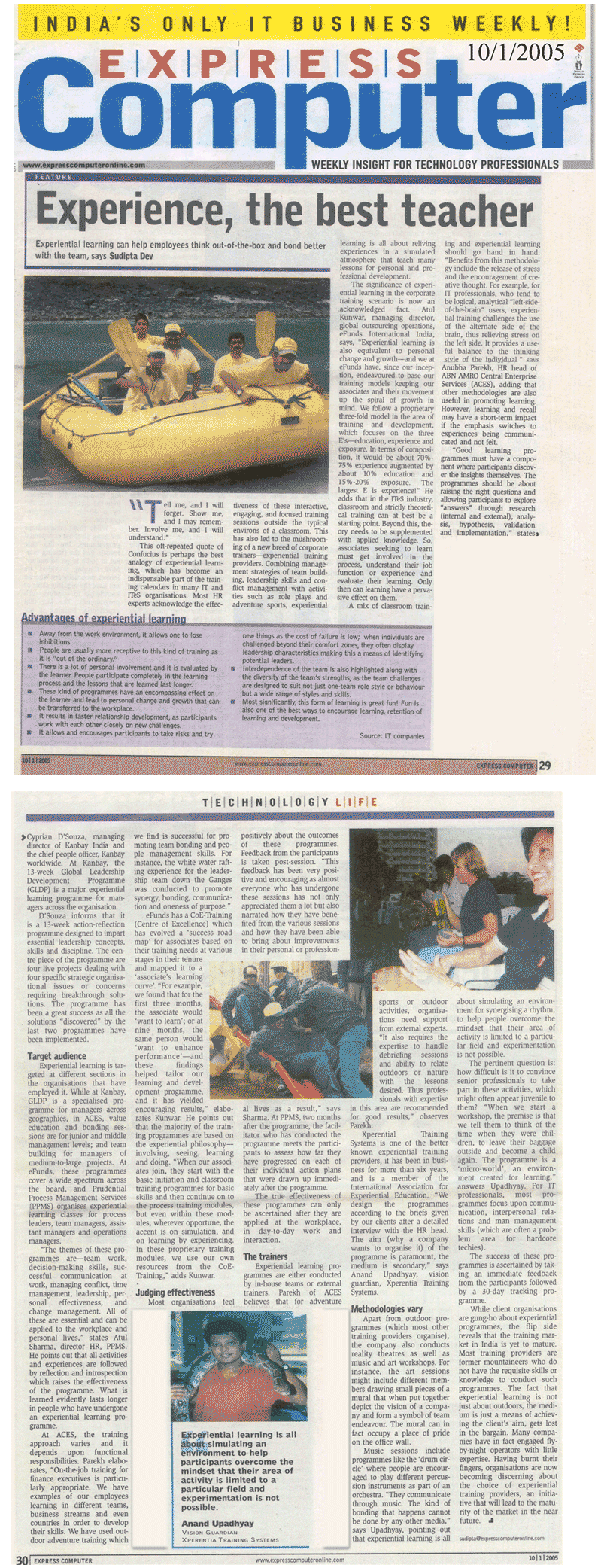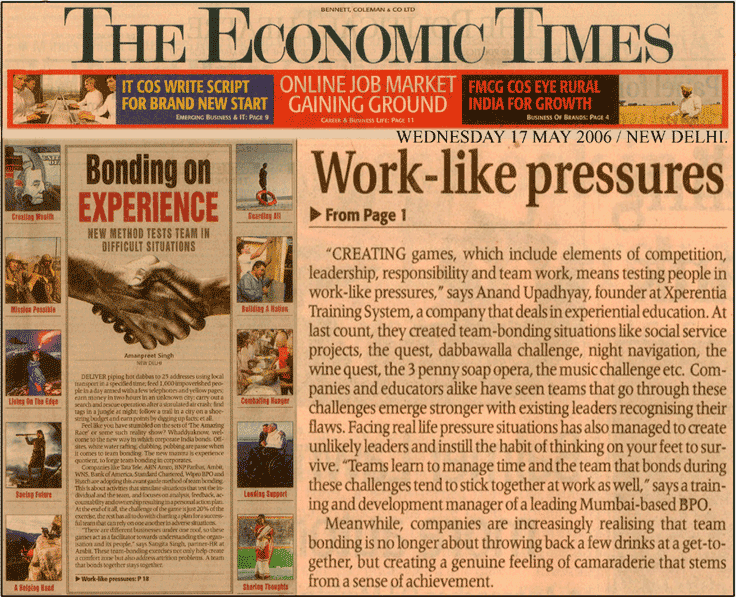“No company, small or large, can win over the long run without energized employees who believe in the mission and understand how to achieve it”
– Jack Welch
In the previous blog, we talked about a scenario in which cross-cultural teams were in a state of conflict due to different ways of
working and a lack of a shared vision. To this end, a series of workshops were conducted in order to articulate a vision for the organization – developed as “must haves” by the organization’s leaders. Once the “must haves” were developed, these values were signed off by the top level leaders of the entity.
Cascading these values to all levels of the organization was key for the success of the joint venture, as discussed in our previous post. It allowed for the managers to align their strategies with the organization’s vision and helped the employees of the entity to manage their activities accordingly. In the case of our example of German and Indian cross-cultural teams, it allowed these teams to administer their plans according to the shared values across the joint venture.
In order to cascade the articulated “must-have” values across the organizational levels, experiential methodology proved to be the most effective approach. This workshop addressed the most critical issues associated with imbibing and instituting the identified core values into the very fabric of the joint venture.
The focus for these workshops was on bridging the gap between the top level leaders of the entity and the cross-cultural teams. These series of experiential workshops helped bring the teams on the same page vis-à-vis the values. This meant that for any given value, the members of the entity understood exactly what it is that the organization wanted them to inculcate into their daily working habits. This was especially relevant for cross-cultural teams. Integrity, for example, was interpreted into very different manners by German and Indian teams. Similarly, Honesty as a value had different meanings for a Dutch and an English employee of the firm. The experiential learning workshop for cascading values ensured that such “interpretation gap” was eliminated.
The series also helped the cross cultural teams ‘step out of their comfort zones’ and dialogue effectively in a transparent and non – threatening learning environment. Too often, the prospect of being dominant in a work environment forced employees to stick to their opinion against the risk of “losing face”. Experiential workshops removed the intense competitiveness and gave the chance for the employees of the entity to have a constructive dialogue in a collaborative setting.
The next step critical in cascading values across the organization’s levels was to identify champions for the articulated values. The champion was given the responsibility for ensuring that every stakeholder of the entity respect and adhere to the company’s values. These champions was chosen across a cross-section of the organizational chain, every level from the C-suite to the junior most level had a representative that would champion the company’s values. This went beyond posters on the wall and a monthly e-mail, these champions became the embodiment of the entity’s values in the work environment.
Cascading change through an organization’s is no small task. However, allowing the organization’s employees absorb the company’s values and by extension, its culture, helped the organization grow organically from the inside and helped its employees become more productive, collaborative and ambassadors of the organization in the wider world. These workshops helped the participants experience these values in action.
by Vipul Mathur, Head Client Partnerships

